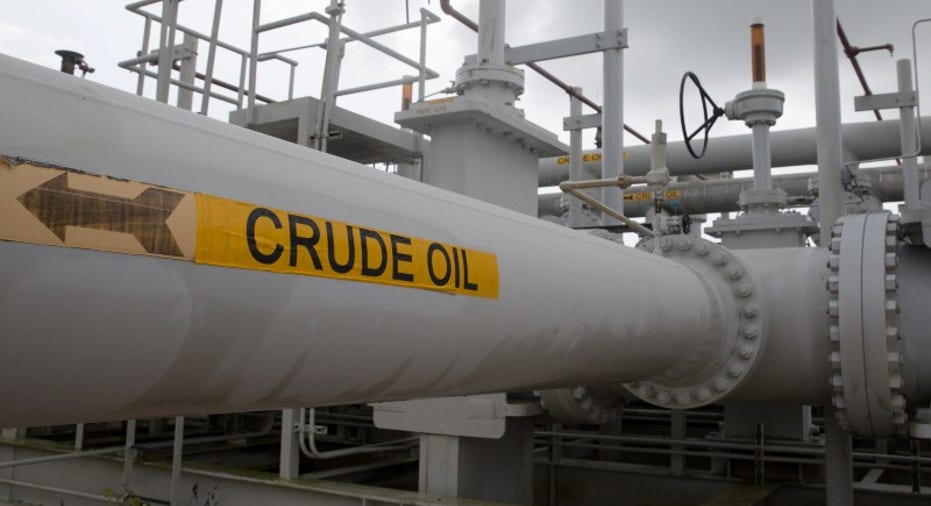Oil prices slide after U.S. drillers add rigs

Crude was down slightly on Friday as expectations OPEC and other producers will extend their production cut agreement were offset by U.S. drillers adding the most oil rigs in a week since June, indicating output will continue to grow.
U.S. energy companies added nine oil drilling rigs in the week to Nov. 10, the second increase in three weeks, bringing the total count up to 738, General Electric Co’s Baker Hughes energy services firm said in its closely followed report. [RIG/U]
Brent futures fell 38 cents, or 0.6 percent, at $63.55 a barrel by 1:12 p.m. EST (1813 GMT), while U.S. West Texas Intermediate crude was down 45 cents at $56.72 per barrel.
Earlier in the week, Brent rose to $64.65, its highest since June 2015, and WTI rose to $57.92, its highest since July 2015.
Both contracts were on track to rise about 2 percent this week, which would put them both up for a fifth week in a row.
Traders said higher prices in recent weeks were the result of efforts led by the Organization of the Petroleum Exporting Countries (OPEC) and Russia to tighten the market by cutting output, as well as strong demand and rising political tensions.
There are also expectations in the market that OPEC’s next meeting on Nov. 30 will agree to extend cuts beyond the current expiry date in March 2018.
“Market participants expect OPEC to extend the production cuts beyond March 2018 and stocks to decline further,” analysts at Commerzbank said, noting, however, that “the higher price level should lead to a further rise in U.S. shale oil production.”
U.S. production was forecast to rise to 9.2 million barrels per day (bpd) in 2017 and a record 10.0 million bpd in 2018 from 8.9 million bpd in 2016, according to federal energy projections this week. Output peaked at 9.6 million bpd in 1970. [EIA/M]
Goldman Sachs also warned of greater price volatility ahead, citing rising tensions in the Middle East, especially between OPEC members Saudi Arabia and Iran, along with soaring U.S. oil production.
Hezbollah’s leader said Saudi Arabia had declared war on Lebanon and his Iran-backed group, accusing Riyadh of detaining Saad al-Hariri and forcing him to resign as Lebanon’s prime minister to destabilise the country.
“The political situation in Saudi Arabia remains sufficiently volatile to spike crude values by at least 50 cents at any given time as was the case (Thursday),” Jim Ritterbusch, president of Chicago-based energy advisory firm Ritterbusch & Associates, said in a report, noting he did not expect Friday’s oil rig count to exert much price impact.
Another factor supporting prices was strong demand in southeast Asia, where the number of tankers holding oil in storage around Singapore and Malaysia has halved since June.



















